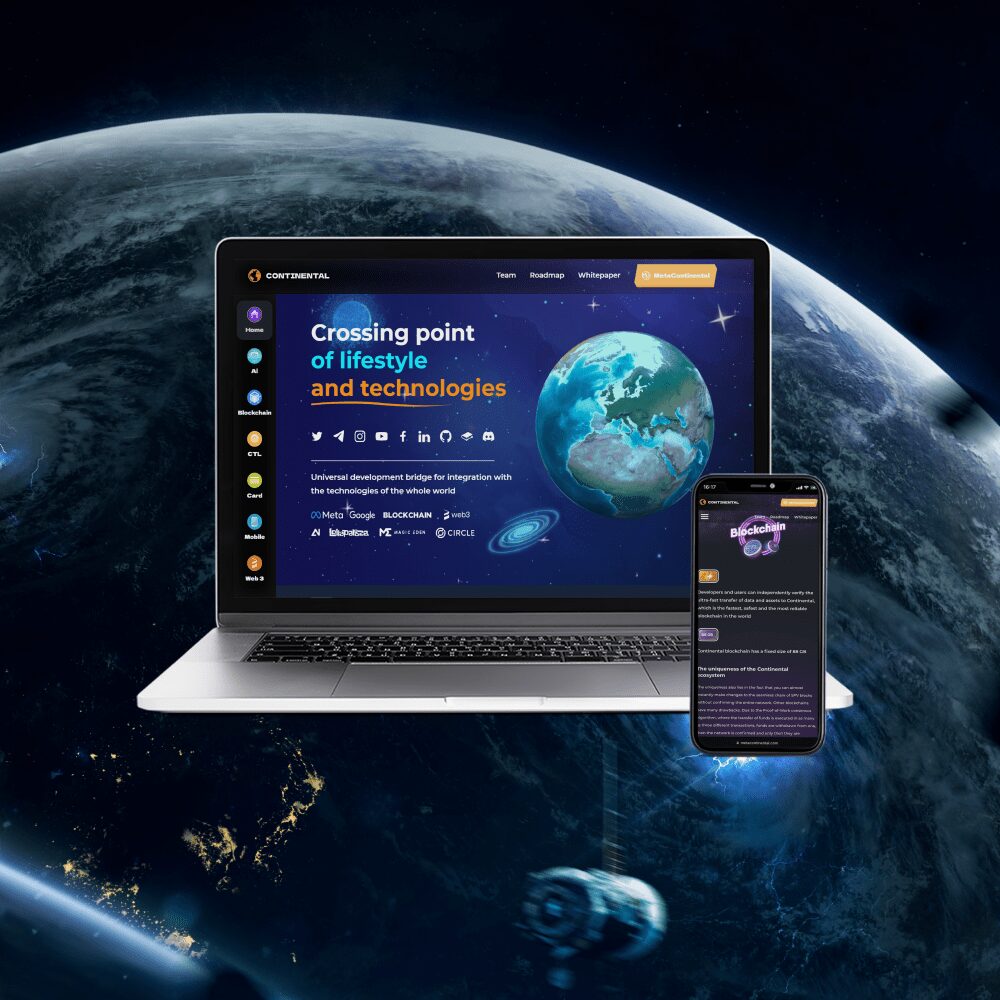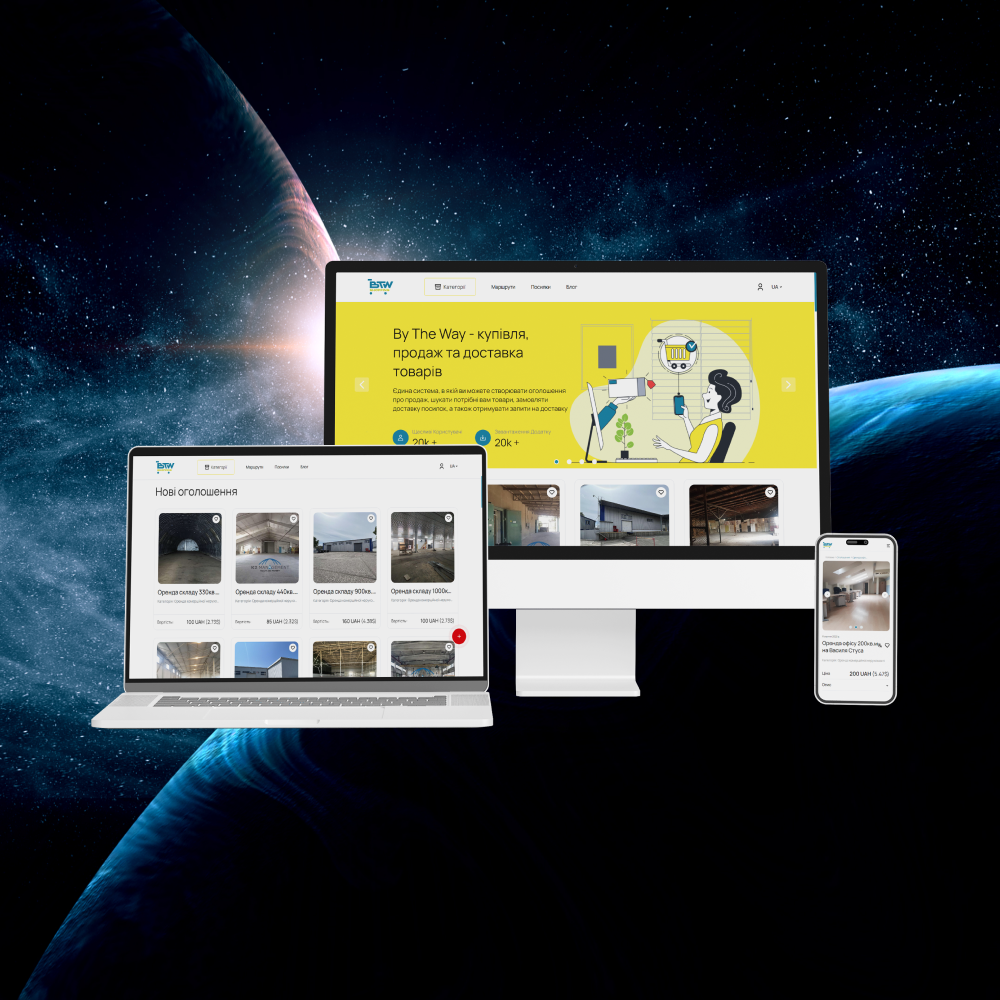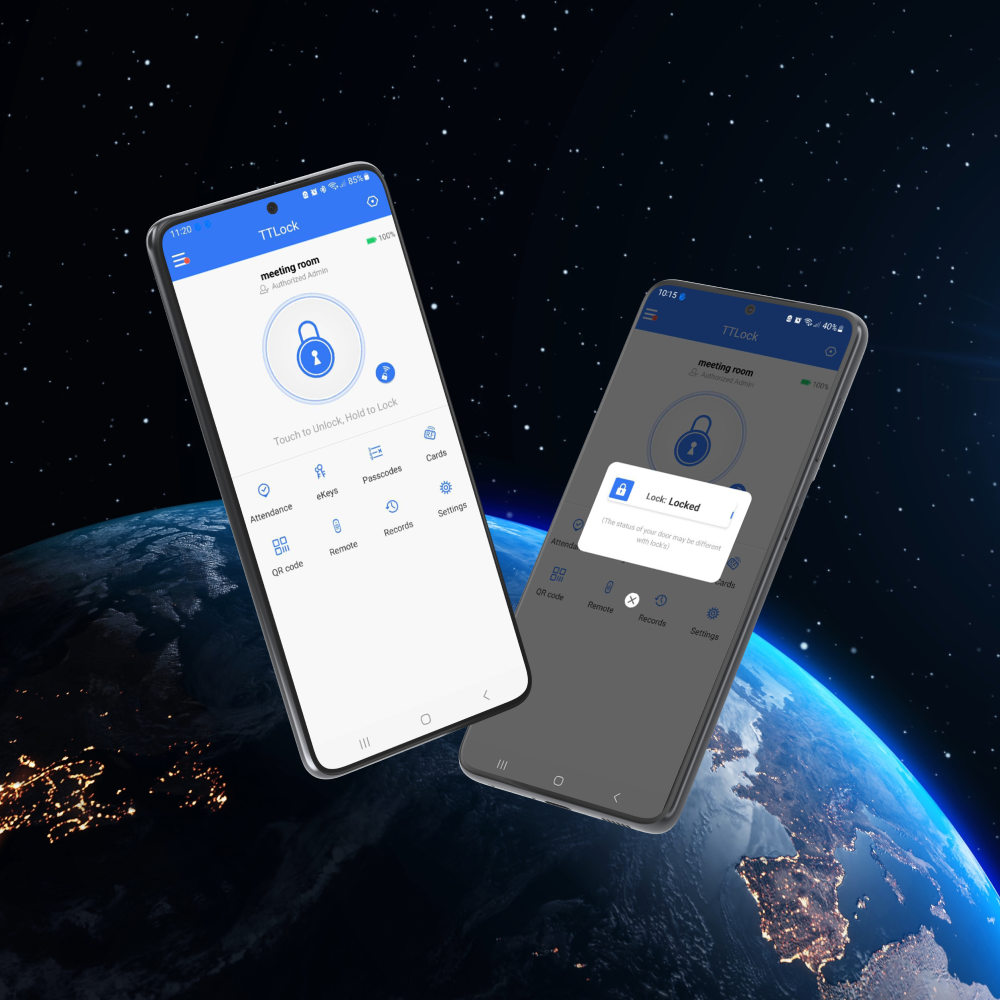TESTING MOBILE APPS
Mobile App Testing
Why is it important to take care of product quality?Mobile App Testing Why is it important to take care of product quality?
Mobile software development is an impressive and growing part of the software market. More and more not only user, but also commercial software functions in various fields of activity are transferred from desktop computers and laptops to smartphones and tablets for iOS and Android. Investing in mobile applications pays off faster than developing desktop programs, and it is mobile software that is the engine of digital business transformation. And taking into account the specifics of using smartphones, testing mobile applications is especially important to increase the number of conversions and increase the popularity of software.
Mobile applications for iOS and Android are a useful component that can be connected to server or cloud business management systems, such as CRM and EPR solutions or accounting software that has extensive tools for desktop computers. But mobile programs can work without a desktop version.
There are solutions on the market in such serious niches as online trading or banking software only for mobile operating systems.
Online sales systems for mobile operating systems and other solutions involving the use of payment cards are convenient and popular, but also more vulnerable than desktop programs. Portable equipment has many wireless access and data transmission channels that should be protected from hacking by ill-wishers, but mobile operating systems have less functionality (including security) than desktop solutions. In addition, a smartphone or tablet with all the saved financial information can simply be lost.
Therefore, before launching all the programs for portable devices, primarily financial applications and solutions in the field of Internet banking, they undergo mandatory mobile testing, the principles of which are slightly different from the classical testing of programs.
How mobile testing differs from traditional software testing
QA MobileAppsHow mobile testing differs from traditional software testing QA MobileApps
Although the software testing phase is important for the development of any types of programs, including desktop and mobile versions of the software, in the case of mobile testing, its value increases. The fact is that, unlike stationary computers and laptops, smartphones and tablets have a narrower specificity of use and slightly different functionality.
The following affects the use, and therefore the testing of mobile applications.
- Limited hardware resources of smartphones and tablets.
These devices in most cases have a relatively small amount of free RAM and disk space, which must be distributed among all running applications. On the other hand, during testing it is important to understand how the mobile program will behave when the battery is depleted and the device unexpectedly turns off.
- A variety of hardware and software platforms.
Despite the fact that most mobile applications are running iOS and Android, there are many versions of these systems created for different devices with different screen sizes and different hardware stuffing. In addition, operating systems are regularly updated, and users do not always immediately install updates. It is almost impossible to test mobile applications for all existing smartphones and tablets for different versions of operating systems, and therefore you have to compile a matrix of the most used solutions, where the mobile program must be guaranteed to work.
- Mobility of using devices.
Unlike desktop computers and laptops, smartphones and tablets regularly crash, lose wireless and satellite signals, work with different display orientations, experience non-standard commands (for example, pressing the cheek on the screen while talking on the phone or unlocking the device and clicking on the multi-touch display in your pocket while walking). All these operating modes and non-standard situations should also be checked during testing of mobile applications.
- Interruptions in the work of mobile programs.
A smartphone is primarily a mobile phone, and the mobile operating systems iOS and Android give priority to the use of such functions as incoming phone calls, SMS messages, push notifications, instant messengers, etc. Interruption puts the mobile program in the background, and during the testing of mobile applications it is important to find out if there will be data loss due to an unexpected incoming call or a received text message.
Due to the described reasons, the mobile app may make a number of errors, which can lead to different consequences. For example, a mobile program may shut down with or without loss of data entered. One way or another, testing mobile applications is a mandatory step in ensuring their quality, which should be included in the overall development cycle of a mobile software product.
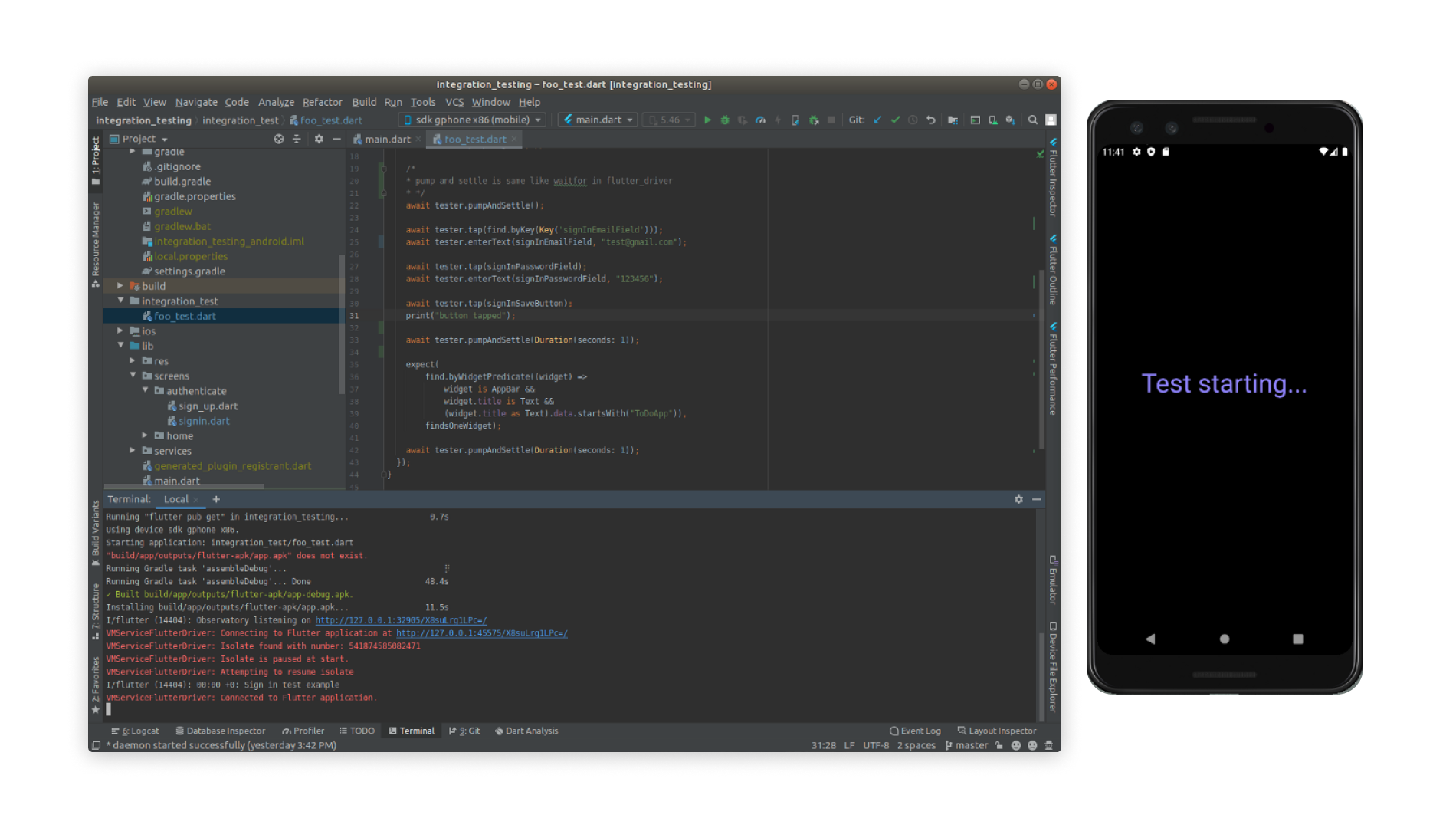
What types of mobile applications exist
Types of MobileAppsWhat types of mobile applications exist Types of MobileApps
The features of testing mobile applications are affected by the specifics of their development and execution. There are three types of mobile applications:
- mobile web apps do not need to be installed because they run in a web browser. These cross-platform programs operate on all mobile operating systems;
- native apps are installed on any one version of mobile operating systems, for example, only on iOS or only on Android.
They make greater use of device capabilities and mobile testing is easier. After all, initially there is a restriction on the device matrix and error scenarios;
- hybrid apps combine the features of the first two types. They are created in a universal programming language and require installation (for example, using the Google Play services or the App Store). Mobile testing in this case is the most voluminous and costly.
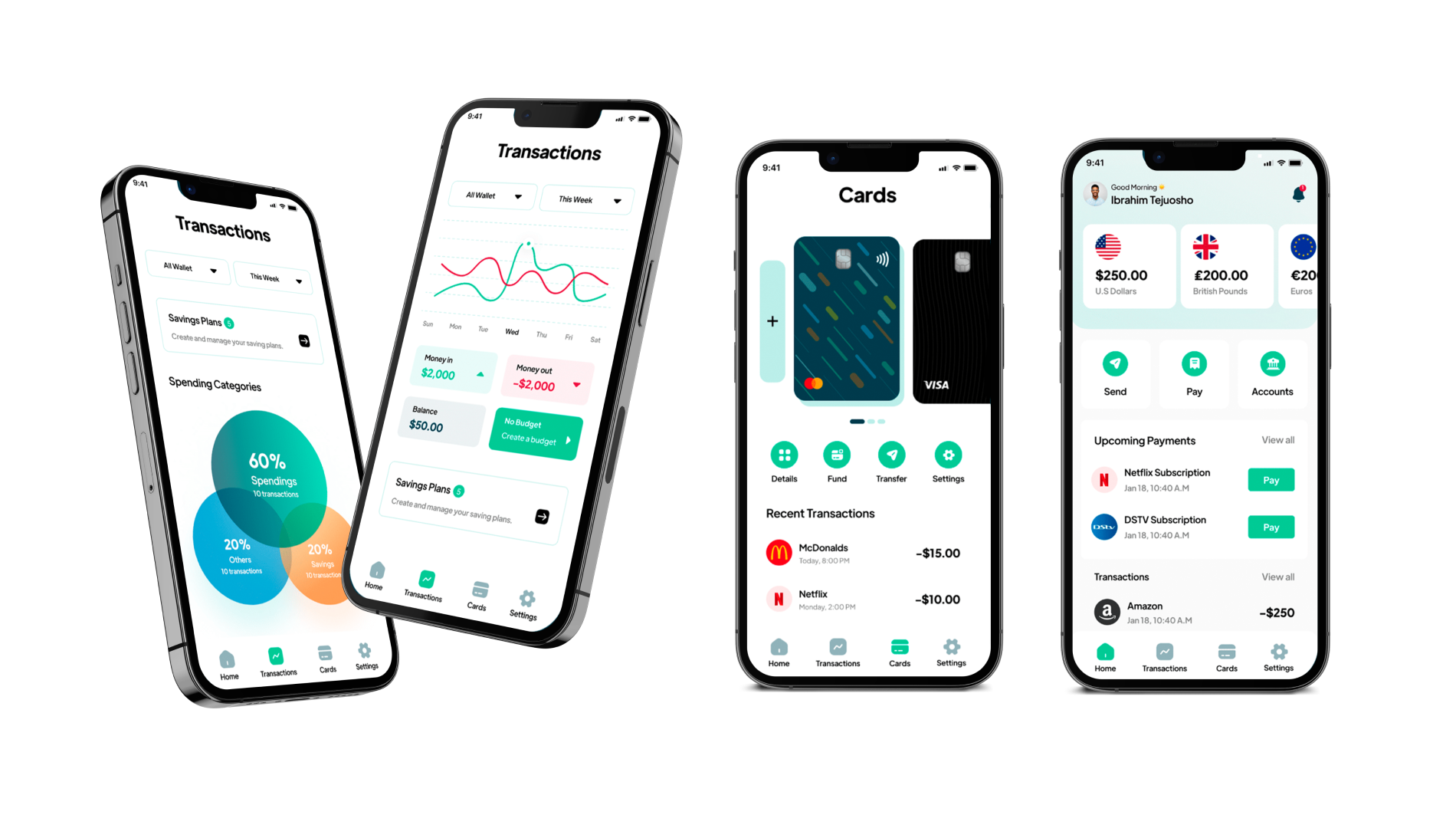
The main types of testing mobile applications
QA MobileAppsThe main types of testing mobile applications QA MobileApps
Testing mobile applications is carried out in various ways. A mobile program can be opened or installed on a specific device or run through an emulator on a desktop computer. There are beta testing services, when end users are involved in the verification of mobile software.
In any case, before the release of the program, these types of mobile testing are usually performed:
- functional testing allows you to determine how fully mobile software fulfills the functional requirements of the ToR;
- testing installation and updates is required to verify the installation of the mobile program and its updates on different devices;
- compatibility testing is necessary to verify the operation of a mobile application on different devices running different operating systems;
- load testing allows you to find out what will be the behavior of a mobile program in the conditions of limitation of disk or RAM due to the use of other programs or non-standard user behavior;
- stress testing is necessary to check the operation of a mobile application in search and loss of a wireless network, interruption of mobile software by calls and messages, loss of battery power, sudden disconnection of a SIM card or memory card, etc;
- security testing is carried out to verify the reliability of protection of the user’s personal data (including payment system services) from hacking;
- localization testing is necessary to verify the national versions of mobile software, taking into account the local language, currency, legal requirements and cultural characteristics;
- usability testing is testing the use of a mobile program from the point of view of the convenience of the graphical interface and user capabilities.
Acceptance testing of mobile applications and further technical support
QA MobileAppsAcceptance testing of mobile applications and further technical support QA MobileApps
The final release of the mobile application ends with acceptance testing or beta testing and the release of a stable version of the software. You need to understand that the process of developing and testing applications does not imply the release of ideal programs that will work seamlessly on all existing devices. In most cases, mobile testing is limited to the criterion of reasonable sufficiency.
We have a considerable portfolio of executed orders in the field of software development for iOS and Android, including cross-platform web applications and installed programs for online trading, financial management, CRM systems, etc.
The necessary experience in testing mobile applications, ready-made device matrices and our own program verification algorithms allow us to optimize the time and improve the quality of mobile software without wasting time looking for and fixing common software errors.
After acceptance testing, the finished program is provided to the customer. However, changing the terms of use of the program (for example, due to updating the mobile operating system) may require further development and additional testing. In such situations, it is reasonable to continue cooperation with our company in the format of detailed technical support after the release.
Mobile App Testing Main types
allows you to determine how fully mobile software fulfills the functional requirements of the ToR;
and updates are required to verify the correct installation of the mobile program and its updates on different devices;
necessary to verify the operation of the mobile application on different devices running different operating systems;
allows you to find out what will be the behavior of a mobile program in the conditions of limitation of disk or RAM due to the use of other programs or non-standard user behavior;
it is necessary to check the operation of the mobile application in the conditions of search and loss of a wireless network, interruption of mobile software by calls and messages, battery drop, sudden disconnection of a SIM card or memory card, etc;
conducted to check the reliability of protection of the user's personal data (including payment system services) from hacking;
it is necessary to check the national versions of mobile software, taking into account the local language, currency, legal requirements and cultural characteristics;
this is testing the use of a mobile program in terms of GUI convenience and user capabilities.
Fresh works
We create space projectsFresh works
The best confirmation of our qualifications and professionalism are the stories of the success of our clients and the differences in their business before and after working with us.
Our clients
What they say about usOur clients What they say about us
Successful projects are created only by the team
Our teamSuccessful projects
are created only by the team Our team












Contact the experts
Have a question?Contact the experts Have a question?
-
Phone:+ 38 (097) 036 29 32
-
E-mail:info@avada-media.com.ua



